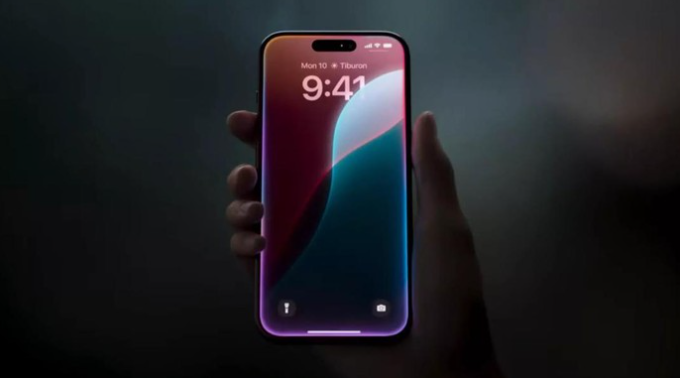Apple Intelligence’s Move to Protect Privacy Even though ChatGPT is Integrated
Morrissey Technology – Apple continues to strengthen its commitment to user privacy at the WWDC 2024 event. A series of new privacy and security features will be presented in iOS 18, iPadOS 18, macOS Sequoia and Apple Intelligence updates. There are four principles that Apple adheres to in maintaining user privacy. First, they minimize the data that can be accessed by Apple itself and other parties using technology and other innovative techniques.
Both Apple attempts to minimize data collection by processing as much data as possible on users’ devices rather than sending it to servers. Third, transparency and control, help users better understand the data collected so they can make their own choices about how that data is used. And finally security protection. These four aspects are a reference in maintaining privacy in Apple Intelligence. Because this technology giant from Cupertino believes that strong AI goes hand in hand with strong privacy too. For this reason, Apple finally made its own silicon chips. So it can deeply integrate personal artificial intelligence systems on iPhone, iPad and Mac, as well as their applications FOR4D.
This personal intelligence system provides a human model as well as enormous language capabilities that are specific to any task and can adapt quickly to the user’s current activities, including semantic indexes that can organize and surface information. That means when a user makes a request, Apple Intelligence will identify relevant personal data and feed it to a generator model that has the necessary personal contacts to best help the user.
Even though most of this is processed on the device, there are times when you need a larger model than can fit on an iPhone, iPad or Mac. Then a server could be the solution. It’s just that traditional servers can store usage data unknowingly and use it without the owner knowing. That’s why Apple created Private Cloud Compute. With this solution, Apple can flexibly increase computing capacity and create larger server-based models for more complex requests while still protecting user privacy FOR4D.
This starts with Secure Enclave, which protects critical encryption keys on the server just like on the user’s iPhone, while Secure Boot ensures the OS running on the server is signed and verified, just like on iOS. Trusted Execution Monitor ensures only signed and verified code runs, and authentication allows user devices to securely verify the identity and configuration of a Private Cloud Compute cluster before sending requests.
So when a user makes a request, Apple Intelligence analyzes whether it can be processed on the device or processes it on Apple Silicon servers by sending only data that is relevant to the task. That means no one can access it including Apple, even while the data is being processed. Data is not stored by Private Cloud Compute after it is returned to the user. Apple guarantees that the data submitted is used exclusively for the user’s request and does not exercise it or do anything else. To guarantee that, independent experts can check the code running on the server to verify.
Regarding integration with ChatGPT with Siri, this function must be enabled by the user as it is not available by default. After that, as soon as the user makes a request, Siri writes down which tools can be used to fulfill the request, one of which is ChatGPT FOR4D. However, users must agree first for data to be sent to ChatGPT. Apple guarantees that the only thing that goes into ChatGPT is what the user requests. For example, requesting a document summary, only the sent PDF file is accessed by ChatGPT.
It doesn’t stop there, from a technical perspective, when sending data, Apple disguises the user’s IP address. Apart from that, each user’s IP sending is made different so that ChatGPT does not recognize the usage. In the contract, Apple and OpenAI legally do not allow ChatGPT to store data or train it at all. Users who subscribe to ChatGPT Plus can connect their accounts to this integration. However, data sent to OpenAI becomes part of the integration which is fully governed by OpenAI’s privacy policy.



